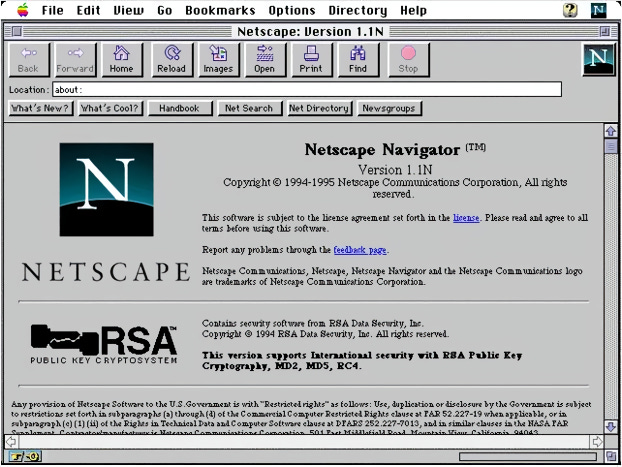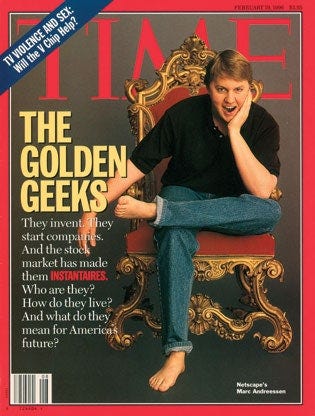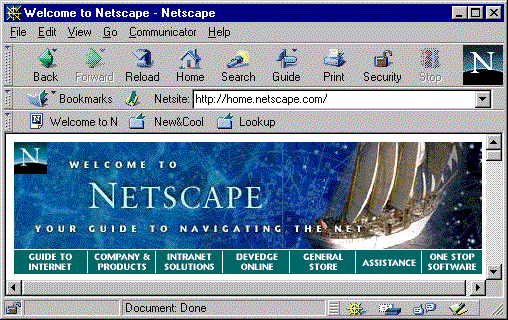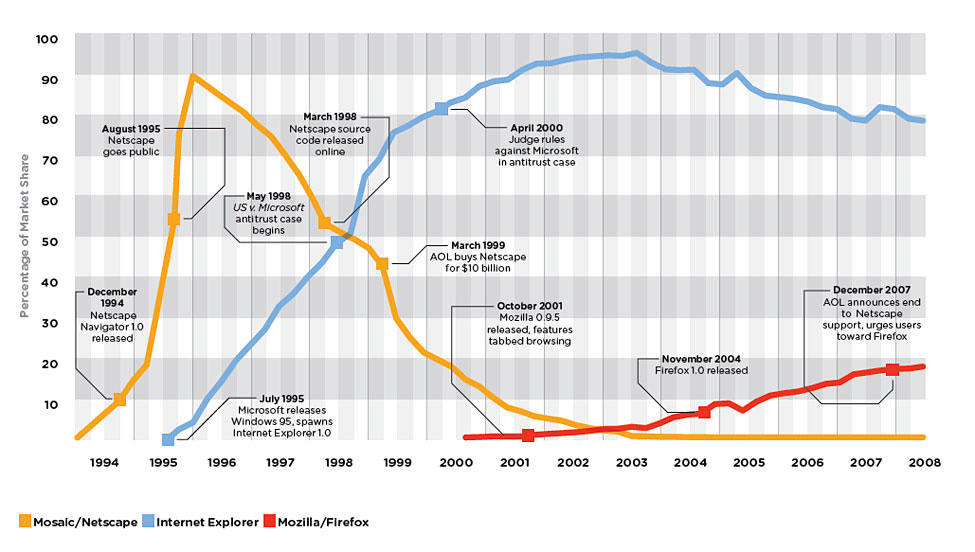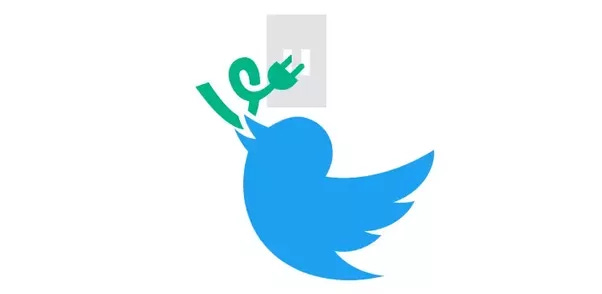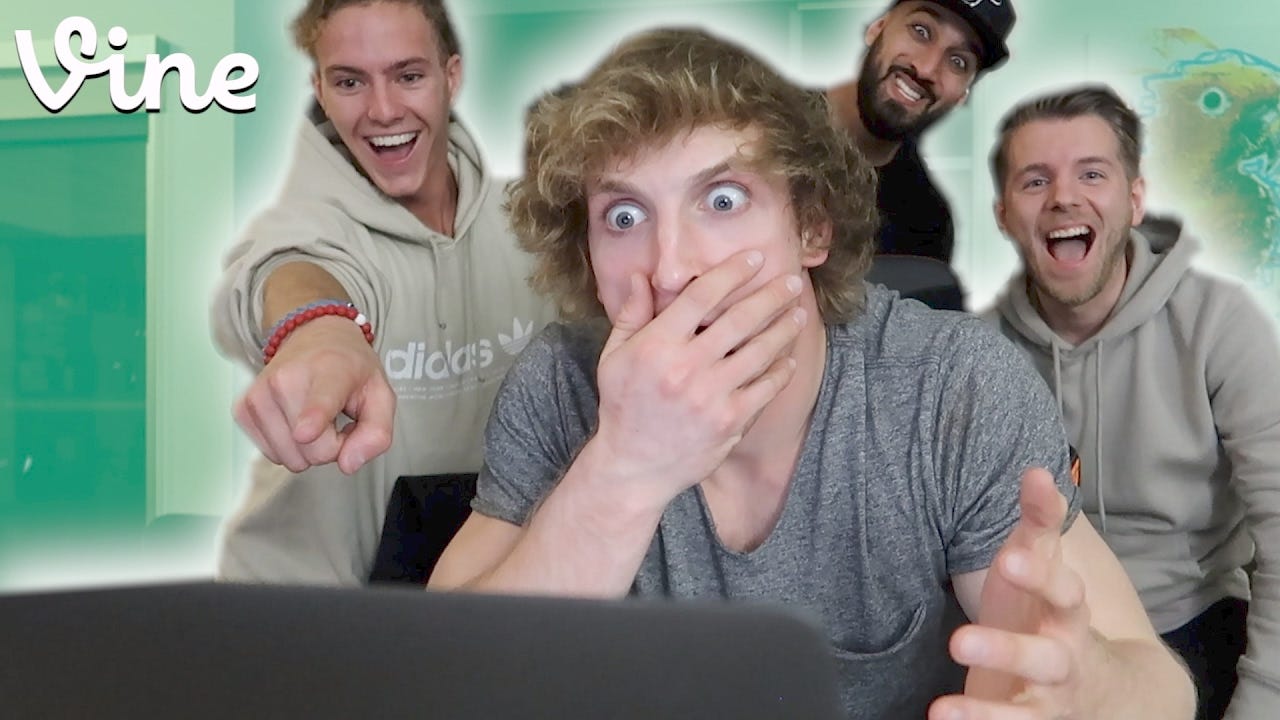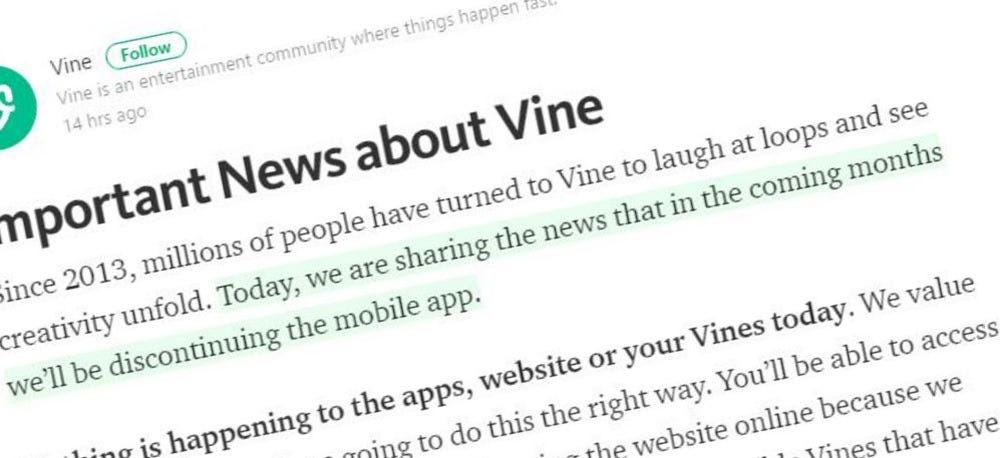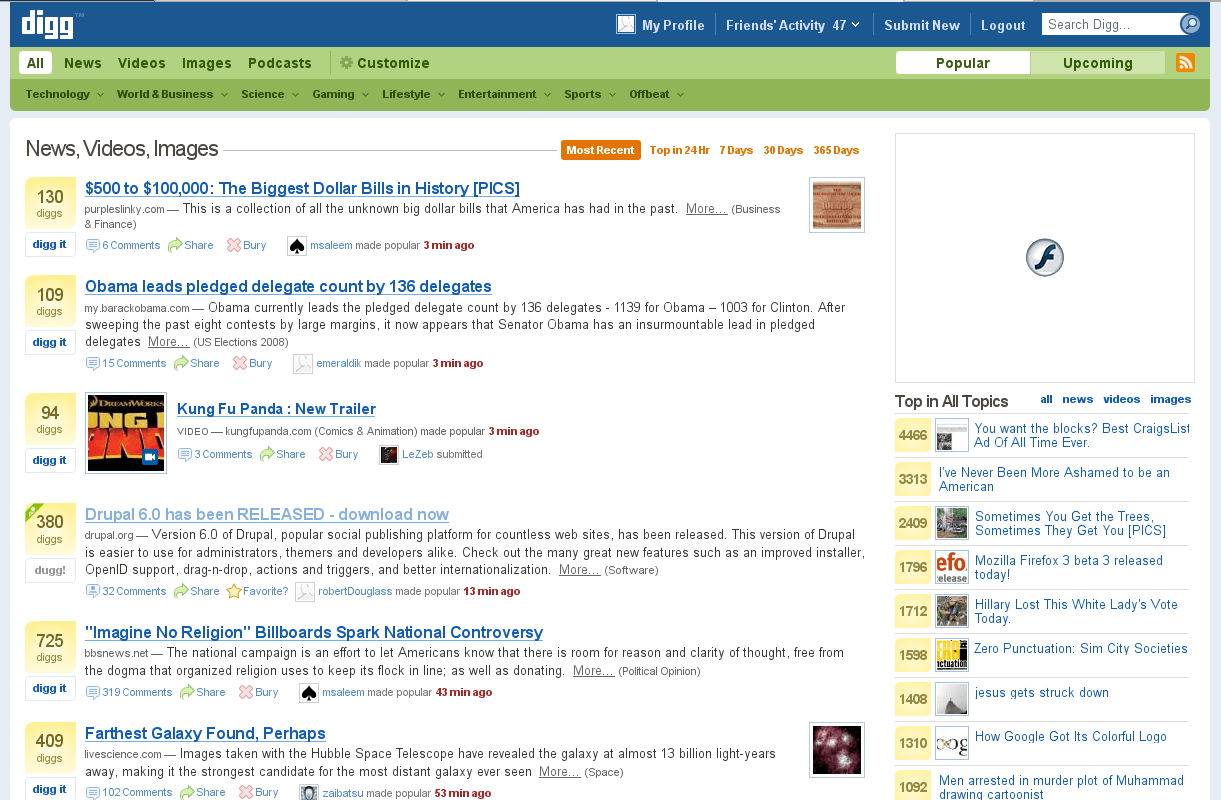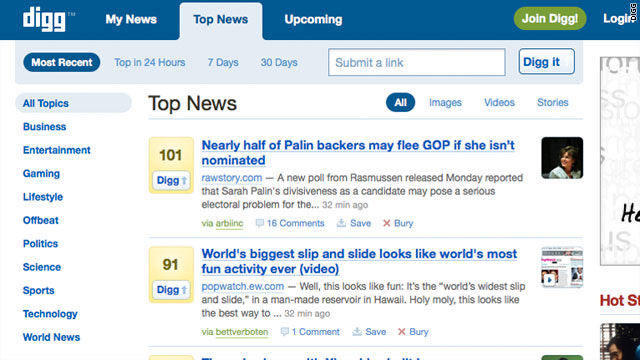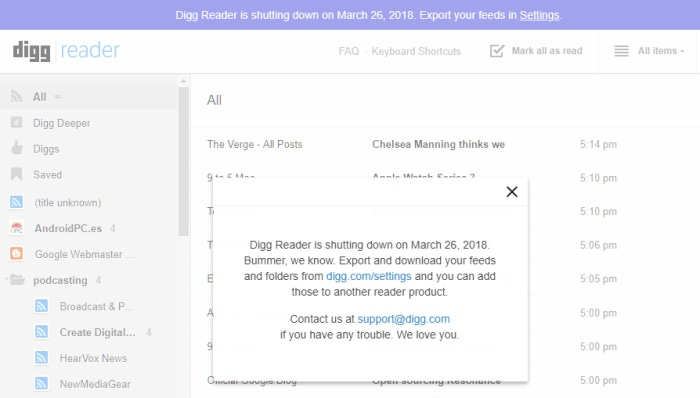Friends,
When it comes to startups, failure is the norm and success the exception. It’s difficult to accept it especially when we’re so busy heads down working on our ideas & executing on our vision. And as we should.
But it’s worth remembering the words of the late great Charlie Munger here — “Invert. Always invert”.
In our case, inversion is identifying what NOT to do so our startups can succeed. And the best way to do that is to look at other failed startups & reverse-engineer where they went wrong.
So I looked at Netscape, Vine & Digg – I wanted to understand how they became so irrelevant so fast despite having a very promising start.
Here’s what I found — let’s dive in?
Brought to you by:
ProductFruits is the AI powered, no-code user onboarding platform that helps fast-growing teams:
improve onboarding & boost product activation
increase free to paid conversion rates
reduce churn & boost customer retention
Want to create your AI-powered, no-code onboarding flow for your product that your users will love?
Speak with our dedicated onboarding specialists for free today!
Don’t be like Netscape & try to become too big too soon.
Marc Andreesen & Jim Clark kicked off Netscape in 1994 with a clear goal — open up the web to everyone through the Netscape Navigator browser.
And in just 2 years, with zero competition, Netscape captured ~ 90% share of the new browser market & bagged a successful IPO with a market value of $2.9 billion. Marc even appeared on the cover of Time Magazine.
But then Netscape found itself a competitor in the shape of Microsoft & the Internet Explorer.
One month after IE launched, Netscape launched Netscape Mail as it evolved from a web browser to an Internet Suite, in a bid to expand its market size.
A couple years later, the product bloated up even more – Netscape launched its Communicator suite bundling Netscape Navigator, Netscape Address Book, Netscape Mail and Newsgroups, and Netscape Composer into one.
Because of this rapid expansion, the Netscape software became bloated and buggy – the code base was a tangled mess.
Internet Explorer, on the other hand, was ONLY trying to be a web browser and although it wasn't perfect, it was much better than what Netscape was offering. IE marched right past Communicator.
And the final nail in the coffin happened when Microsoft plugged IE into its Office Suite. Thanks to Microsoft’s licensing deals with PC manufacturers like IBM, IE was available for free to every Windows user.
This move ate away a significant market share from Netscape, which began its slow and painful descent into irrelevance.
Remember to weigh the risks of diversification against the need for focus. While expanding your offerings can seem like a path to growth, remember that your speed and agility are your competitive edges. If Netscape had honed its prowess in crafting a world-class browser instead of challenging Microsoft on multiple fronts, it might have maintained its lead. Even if you expand, make sure your expansions don't dilute what your customers value most about your product.
Don’t be like Vine — Incentivize your users to become champion advocates for your product.
Dom Hofmann, Rus Yusupov, and Colin Kroll launched Vine in 2012, & went viral with its unique concept of 6-second looping videos.
In just 6 months, they had 13 million users and reached the top of the Apple charts.
In 2013, Twitter acquired Vine. But Vine’s downfall was imminent. So what went wrong exactly?
For one, Vine struggled to develop a viable monetization strategy, a critical factor for sustaining any social media platform. While Vine explored various advertising models, it failed to implement them effectively, leading to revenue shortfalls.
It also failed to adequately incentivize its content creators as it didn’t allow creators to monetize their influence. Creators like Paul Logan & Shawn Mendes gathered billions of views but didn’t make any money off their content so they started looking elsewhere like Youtube and Instagram.
Vine’s minimalistic feature set, which initially contributed to its popularity, became a limitation as competing platforms started offering more advanced video features. For example, Instagram introduced 15-second videos in 2013 and later, Instagram Stories, directly competed with Vine.
By 2015, Vine's user growth and engagement had begun to significantly wane & in 2016 it shut down for good.
The lesson here is to make your users champions of the product especially if you’re building a b2c product. The network effect benefits are massive & to not leverage it could be a costly mistake, like Vine found out.
Listening to your users will tell you exactly what you need to build – had Vine listened to user feedback to make it easier for creators to make videos, maybe it still would have been around today. It’s impossible to go wrong if you talk to your customers.
Don’t be like Digg — listen to your users & build for them.
Digg was Reddit before Reddit – it captured a massive user base and thrived as a democratic platform where the popularity of content was determined by user votes. This system allowed users to elevate posts to the front page or bury them, much like curating a personalized news digest. Yet, this model had inherent flaws—essentially, it was democracy without safeguards, allowing those with extensive networks to manipulate outcomes.
In its prime, savvy users amassed large circles of friends, orchestrating mass voting to ensure their submissions made it to the front page—Digg's equivalent of a newspaper headline. This early engagement strategy led to a concentration of influence among a few, creating a 'Digg aristocracy' where power was locked within a small group, sidelining the majority from meaningful participation.
The turning point for Digg came with a significant redesign, a shift that moved the platform from its user-driven roots to a model that prioritized mainstream publishers. This change, made without substantial user input, alienated its core community. Coupled with technical glitches and frequent downtime, this led to a mass departure of users, many of whom migrated to Reddit.
Moreover, Digg struggled to monetize effectively. Despite experimenting with various advertising and sponsored content strategies, it never struck the right balance between generating revenue and enhancing user experience.
The lesson from Digg is clear: continuous user engagement is crucial. Sweeping changes that ignore community feedback can alienate your base and destabilize your platform.
The key takeaway is to remain closely aligned with user needs and preferences—what can you offer today that will be immediately valuable to them? Just as Notion repositioned itself by focusing on tools that enhance task completion rather than broad app development, platforms must adapt to serve their users effectively.
The stories of Netscape, Vine, and Digg teach us that early success does not guarantee long-term survival.
These companies each dominated their markets initially but eventually faltered due to strategic missteps such as failing to adapt to competition, ignoring user feedback, and poorly executed expansion efforts.
The crucial lesson here is the importance of remaining agile, continually engaging with and listening to your users, and being willing to pivot when necessary.
If you liked this essay, share it with a friend & reply to this email with what you thought of this!





